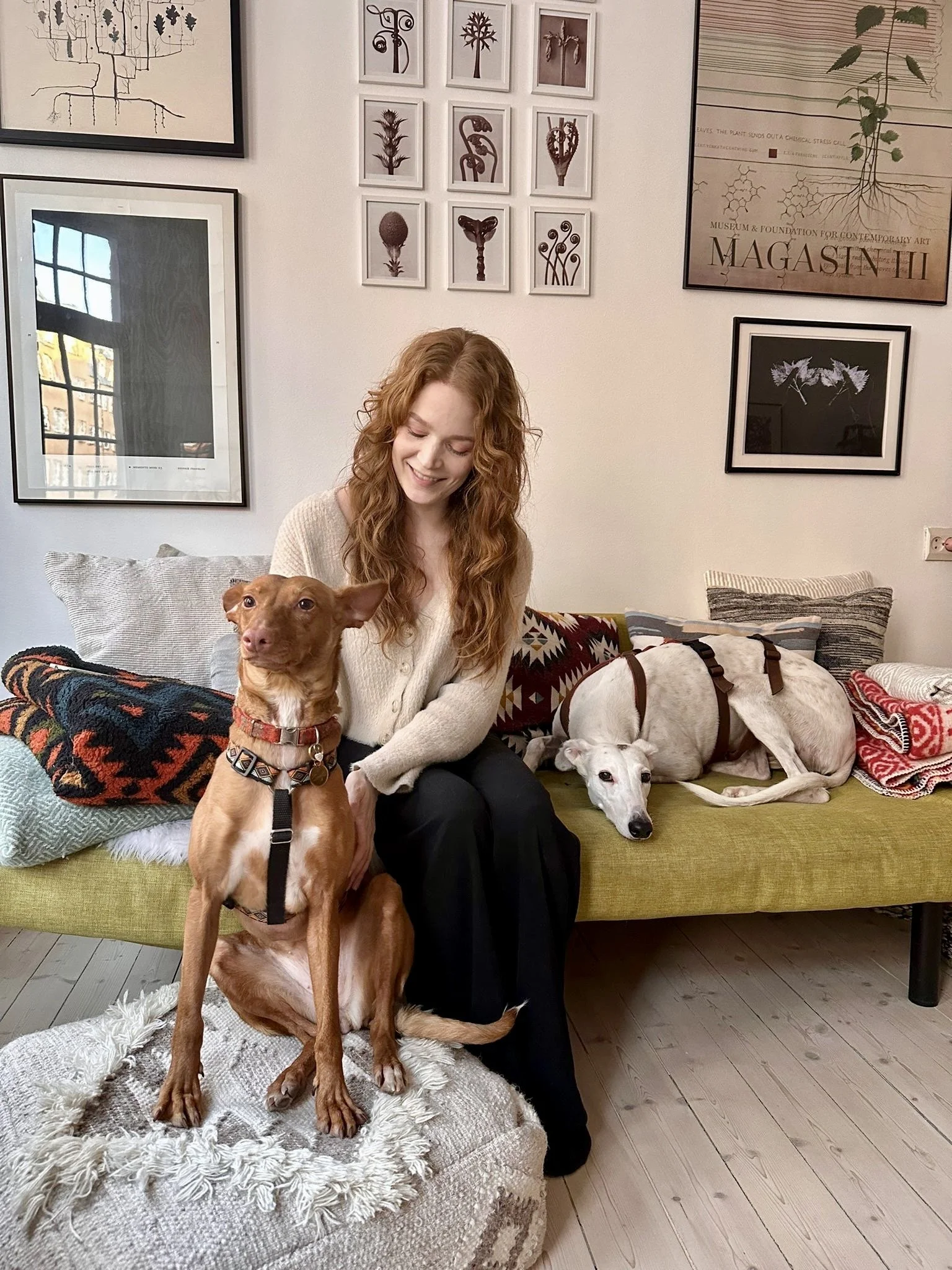
About Me | IFS Therapy for Sensitive Minds
Online IFS therapy in Sweden, the UK, and Asia for autistic, ADHD, and highly sensitive adults.
If you’ve ever felt like you’re “too much” or “not enough” for the world around you – you’re in the right place.
I’m Sanni (she/her), an IFS Practitioner for deep thinkers, sensitive minds, and people who find the world exhausting or overstimulating.
I understand the complexity of a mind that constantly analyses, questions, and feels deeply. All of that is welcome here.
Therapy for Sensitive, Neurodivergent Minds
I work with sensitive and neurodivergent clients navigating anxiety, stress, burnout, OCD, trauma, and difficult relationship patterns. Whatever shape your struggles take, we can make sense of them and find a way forward together.
Whether you’re HSP, autistic or ADHD, gifted, or part of the LGBTQIA+ community, you’re welcome here.
I also work with people living outside the “norm,” including alternative relationship structures, being child-free, and asexuality.
How I Work
We’ll go at your pace while exploring the patterns, emotions, and protective parts that shape your life.
For some, that means easing anxiety, stress, or burnout. For others, it’s working through old trauma or shifting stuck relationship dynamics.
Over time, you’ll move from just getting through the day to feeling more grounded, clear, and free to create a life that fits.
Ready to explore working together?
Who I Am (Outside of Therapy)
Finding the right therapist is about connection too. Here’s a bit about me so you can get a feel for who I am beyond sessions.
I’m originally from Finland, but I’ve spent the last 17 years abroad in Scotland, France, South Africa, and now Sweden. I’ve always loved travel; my favourite experiences were in East Africa, where I worked in global health and connected deeply with the people and nature of Rwanda.
I have two rescue dogs from Spain, and I feel a special bond with animals. When I’m not working, I’m often gardening, foraging, doing pottery, or escaping into films and quiz shows like University Challenge.
I’m fascinated by human behaviour in extreme situations. I love strategy-based shows like Survivor and The Traitors, and relationship experiments like Love is Blind and Married at First Sight.
I don’t follow a particular religion, but I’d describe myself as spiritual. Over the years, I’ve studied and explored non-dual traditions like Buddhism and Kashmir Shaivism.
-
MA (Hons) Psychology (2012), The University of Edinburgh
MSc Medical Science (2015), Karolinska Institute
Internal Family Systems Therapy Level 1 & 2 (2019), IFS Institute (trained by Osnat Arbel and Dick Schwartz)
Integrative Harm Reduction Psychotherapy Level 1 (2021), Center for Optimal Living
-
I am a fully qualified IFS Practitioner and have been working with IFS since 2019. I’ve completed 150+ hours of advanced IFS training in areas such as neurodivergence, OCD, psychedelic therapy, polyvagal theory, complex trauma, emotional neglect and interpersonal neurobiology.
I’ve also completed several trainings specifically on autism and ADHD with some of the leading neurodivergent educators: Kory Andreas, Sarah Bergenfield, Alessio Rizzo and Jude Carn.
I attend professional consultation twice a month and I follow the ethical principles of the International Association for Counselling. My practice is covered by professional liability insurance.



